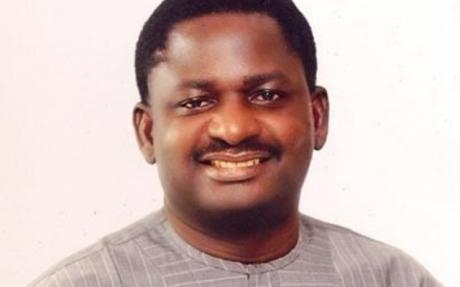A Passage to India By Femi Adesina
Wednesday began with a bilateral meeting between President Buhari and Prime Minister Modi. Discussions focussed mainly on three areas: strengthening relations between the two countries, oil business, and helping Nigeria and Africa to develop their potentials.
Thursday was the main day, in which 41 heads of government gathered at the Indira Gandhi Stadium for the high point of the summit.
"The dreams of one-third of humanity have come together under one roof. Today, the heartbeat of 1.25 billion Indians and 1.25 billion Africans are in rhythm."
The presidents spoke one after the other. Trust Robert Mugabe, who spoke in his capacities as Zimbabwean president and chairman of African Union, he used the opportunity to fire darts at the West.
Chairperson of the AU Commission, Dr Nkosazana Dlamini Zuma, submitted that Africa and India could no longer be rationally excluded from the permanent seat of the UN Security Council, a position supported by almost all the presidents.
"Africa needs mutual partnerships leading to development, rather than aids," submitted King Mohammed VI of Morocco.
"Get me a money-doubling ring. They call it evergreen pocket. Every money you spend finds its way back to your pocket. Hahahaha."
Subscribe
Login
0 Comments





